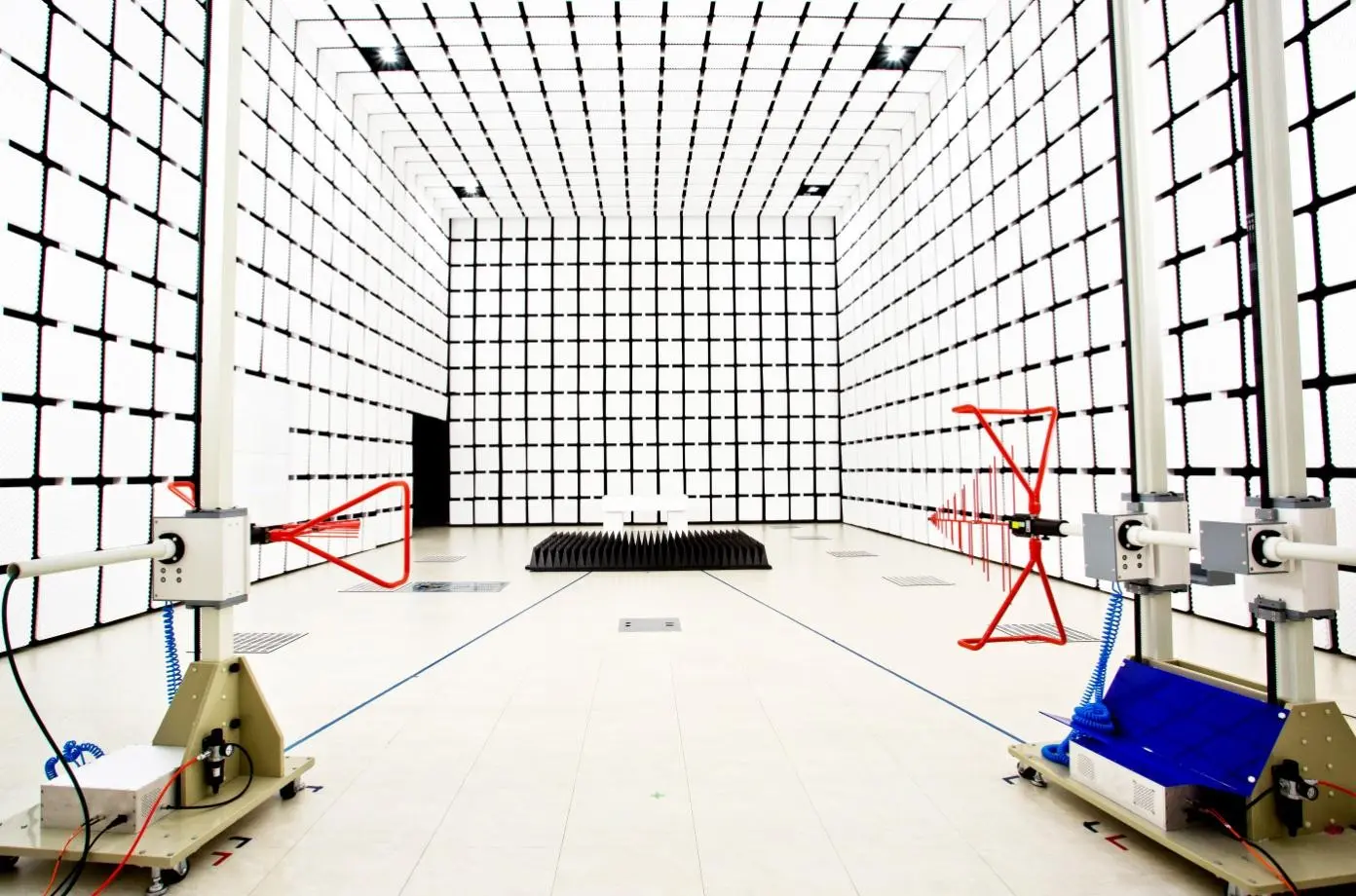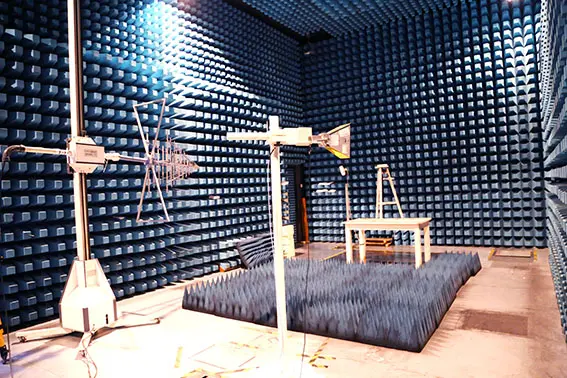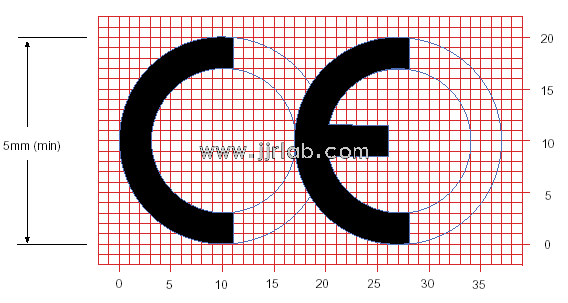
How to get an FMVSS Test Report?
Selling car lights on Amazon in the US? FMVSS certification is the "safety red line" you must cross! In 2023, Amazon strictly checked the compliance of automotive parts. Car lights that do not pass FMVSS certification will be taken down directly, and even account freezing may occur. Whether it's LED headlights, taillights, or turn signals, this article breaks down the key points of FMVSS certification in 5 minutes to help you quickly comply and list your products, capturing the North American car light market!

What is FMVSS Certification?
FMVSS (Federal Motor Vehicle Safety Standards) refers to the US Federal Motor Vehicle Safety Standards, established by the Department of Transportation (DOT), which mandates that all vehicles and parts meet safety performance requirements. Core regulation for car lights: FMVSS 108: Covers light intensity, color, installation angles, and durability; DOT Certification: Car lights that pass testing can bear the DOT mark, allowing entry to the US market. Applicable scenarios: Amazon requires all car lights sold in the US (including aftermarket modifications) to comply with FMVSS 108. Legal responsibility: If a product causes an accident, un-certified sellers will face high compensation lawsuits! Note: FMVSS certification ≠ DOT registration! The DOT mark must be based on FMVSS testing but does not require official certification; it is a "self-certification."
FMVSS Certification Test Requirements
FMVSS 108 has very strict performance requirements for car lights. Test items include:
1. Light Intensity and Color Tests:
- Headlights: High/low beam brightness, illumination range, and cutoff line clarity; color temperature must meet white light requirements (not blue or yellow).
- Taillights: Red light color coordinates (CIE standard), brightness ≥ 2 cd/m²; brake light brightness must be ≥ 5 times that of the taillight.
- Turn Signals: Amber color light, flashing frequency 1-2 Hz, brightness meeting SAE J588 standard.
2. Physical Performance Tests:
- Sealing: IP waterproof level test (e.g., IP67 dustproof and waterproof).
- Vibration Durability: Simulate vehicle vibrations (frequency 10-50 Hz, duration 4 hours).
- High/Low Temperature Cycle: Functionality maintained in environments from -40°C to 85°C.
3. Documentation Requirements:
- DOT Mark Authorization Letter (to be printed on product and packaging).
- FMVSS 108 test report issued by a third-party laboratory.
- Declaration of Conformity (DoC) and product installation manual (in English).
FMVSS Certification Process
FMVSS certification follows a "self-declaration" model, but Amazon requires a review of the test report. The process is as follows:
1. Choose an accredited laboratory: The laboratory must be ISO 17025 accredited (e.g., JJR Laboratory) and qualified for FMVSS 108 testing.
2. Submit samples for testing: Provide 3-5 car light samples for photometric, vibration, environmental tests, etc. If SAE or ECE certification exists, some tests may be exempted (lab evaluation required).
3. Obtain the test report: The report should include the product model, test data, and a conclusion that the product meets FMVSS 108; the report remains valid long-term, but design changes require retesting.
4. Mark the DOT Logo: Clearly mark the "DOT" logo on the product and packaging (font height ≥ 3mm); abuse of the DOT logo is prohibited to avoid customs seizure risks!
5. Submit for Amazon review: Submit the test report, DoC, and product images (showing the DOT logo) on the seller's backend; fill in the "Automotive Compliance" section and check the FMVSS 108 option.
Certification Cycle and Costs
Cycle:
- Testing time: 7-10 working days (longer for complex designs or corrections).
- Amazon review: 3-5 working days (with complete documentation).
Costs:
- Single test fee: Depends on the type of car light.
- Laboratory expedited fee: Depends on the type of car light.
Which Car Lights Require FMVSS Certification?
Product Categories and Exemptions:
1. Front Headlights: LED headlights, halogen lights, HID xenon lights. Exemptions: None, all must be certified.
2. Taillights and Brake Light Combinations: Taillights, high-mounted brake lights. Exemptions: None.
3. Turn Signals and Fog Lights: Front/rear fog lights, side turn signals. Exemptions: Off-road vehicle-specific lights (non-highway use).
4. License Plate Lights and Reversing Lights: White license plate lights, reversing assistance lights. Exemptions: None.
5. Decorative Lights: Chassis ambient lights, car interior neon lights. Exemptions: Not related to safety functions, can be exempted.
Note: Aftermarket lights (e.g., strobe lights, colored lights) may violate state regulations and require additional compliance!
Frequently Asked Questions from Amazon Sellers
Does FMVSS certification require US importer information?
A: Yes! The product label or packaging must indicate the name and address of the US importer/manufacturer.
Can the test report cover multiple models?
A: A "series certification" can be applied for products with the same structure but different appearances (lab evaluation required).
How to appeal after Amazon listing removal?
A: Submit a valid test report + POA (Plan of Action), explain corrective measures, and commit to compliance.
Email:hello@jjrlab.com
Write your message here and send it to us
 Malaysia IPv6 Testing
Malaysia IPv6 Testing
 A Detailed Introduction to the EU EN 18031 Standar
A Detailed Introduction to the EU EN 18031 Standar
 Is EN 18031 Cybersecurity Compliance Mandatory?
Is EN 18031 Cybersecurity Compliance Mandatory?
 How to Obtain EU CE Certification for Toys?
How to Obtain EU CE Certification for Toys?
 How to get CE Certification for Electronic Electri
How to get CE Certification for Electronic Electri
 ISO 10993-23 Irritation Testing
ISO 10993-23 Irritation Testing
 Guide to Compliance Certification for IVD Devices
Guide to Compliance Certification for IVD Devices
 Biocompatibility Testing for Passive Medical Devic
Biocompatibility Testing for Passive Medical Devic
Leave us a message
24-hour online customer service at any time to respond, so that you worry!




